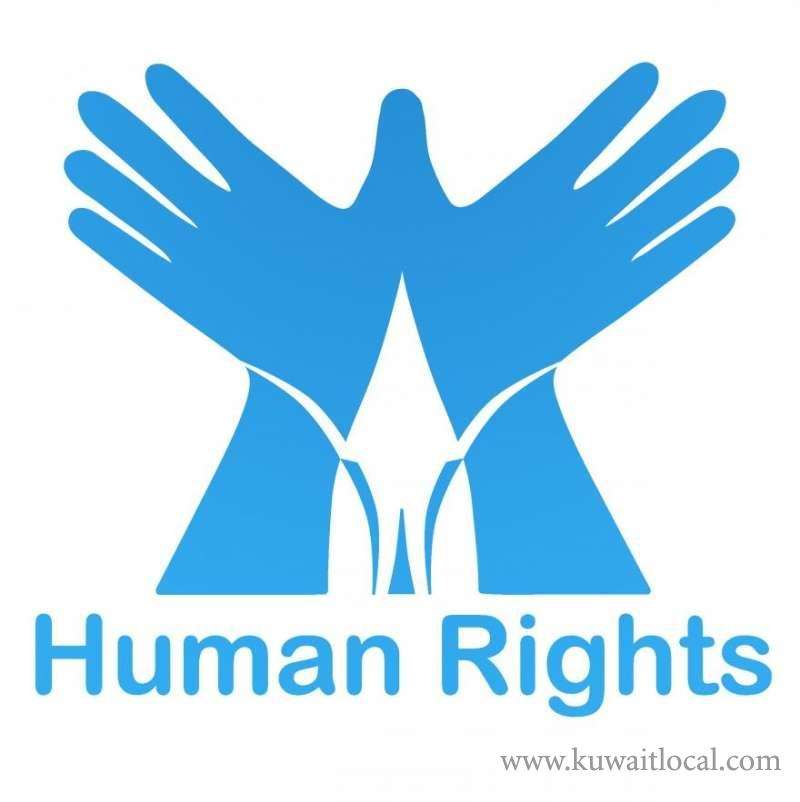Latest News
- Ministry Of Health Refute Rumors On Non-availability Of Antibiot...
- Amir Of Kuwait And Jordan King Renew Commitment To Regional Secu...
- 37 Arrested With Narcotics And Firearms
- Outrage Over Candidate's Arrest
- Six Stores Shut Down In Jahra For Selling Fake Goods
- Peddlers Caught With Drug Pills And Crystal Meth
- PAFN Shuts Down Restaurants And Bakeries Over Violations
- MoI Officer And Lawyer Jailed On Fraud Charges For Bad Cheques
- Thousands Of Bangladeshis Gathered To Pray For Rain
- Kuwait University Symposium Addresses Student Counselors' Role I...
- Kuwait Affirms The Importance Of Group Work In Addressing Common...
- Urgent Call For Kuwaitization: Civil Service Commission Aims For...
Arab Human Rights Court Must Reform Its Basic Principles

The Arab Human Rights Court will walk on the path towards failure if its basic legal system is not reformulated to be in line with the principles of the Universal Declaration of Human Rights, nine treaties on human rights, and supplementary protocols.
Since the court lacks the fundamental attributes of independence and professionalism, the victims cannot file lawsuits against the country which violated their rights. It does not state equality between religions as many of its codes refer to a certain religion.
The court’s future is an absolute failure not only due to the gaps and shortfalls in the main proceedings of its establishment, but also because its foundation is the Arab Charter for Human Rights. This charter needs reformulation to become more ‘human rights’ like.
The charter allows imposing death penalty on minors while the second supplementary protocol of the International Convention on Civil and Political Rights was issued to abolish the death penalty. The Convention on the Rights of the Child prohibits imposing death penalty on minors — those who are below 18 years old – as per code number 37. This means that the court will not walk on the right path in terms of the internationally known definition of ‘human rights’.
Code number three of the charter states that “men and women are equal in human dignity, rights and duties within the framework of positive discrimination established in favor of women by the Islamic Sharia and other divine laws, legislation and international instruments. Consequently, each State party to the present charter should take all the necessary measures to guarantee equality between men and women.” This is very confusing because once discrimination is mentioned, there should not be any form of preference — neither for women nor men. This code does not match the international regulations on equality between men and women.
While the Arab Charter for Human Rights prevents torture, it does not define torture and bad treatment.
The charter also stipulates freedom of religion but narrows it down with the phrase: “what the applied law regulates.” This only gives governments the power to control what people believe and how they express or practice their beliefs. Such contradictory laws victimize people whose beliefs are different from what governments prefer. Once they exercise their rights, they are imprisoned!
Moreover, the basic legal system of the Arab Human Rights Court must include female judges that are rarely seen in Arab countries. Code number eight states that judges should serve for five years, but it is better if they serve for a longer period to have a stable system, prevent questionable interference, and help them do their jobs freely and independently.
It is disappointing as well that code number 18 specifies those who are allowed to refer to the court as follows:
A member country and its citizen who claim his rights were violated
Official non-government societies with claims against countries
Citizens of a member country
Code number 18 must be reformulated such that citizens who claim to be victimized by governments can file a complaint at the court. It should remove obstacles or difficulties that non-government societies face when they file a complaint against the country.
All the judgments issued by the court are final and must be executed, but the question is: How justice is ensured in the absence of a tool for supervising or monitoring judgments?
It seems the Arab Human Rights Court will not reach justice. Instead of protecting human rights, the court appears to be a cover for any accountability.
SOURCE : ARABTIMES
Trending News
-
 Kuwait Implements Home Biometrics Services Ahead O...
14 April 2024
Kuwait Implements Home Biometrics Services Ahead O...
14 April 2024 -
 Kuwait Airways Provides Update On Flight Schedule...
14 April 2024
Kuwait Airways Provides Update On Flight Schedule...
14 April 2024 -
 Kuwait Airways Introduces Convenient Home Luggage...
15 April 2024
Kuwait Airways Introduces Convenient Home Luggage...
15 April 2024 -
 Expat Residency Law Amended By Kuwait Ministerial...
20 April 2024
Expat Residency Law Amended By Kuwait Ministerial...
20 April 2024 -
 Gathering For Eid Al-Fitr Prayers: Kuwaiti Citizen...
10 April 2024
Gathering For Eid Al-Fitr Prayers: Kuwaiti Citizen...
10 April 2024 -
 Two Expats Are Arrested For Stealing From Salmiya...
17 April 2024
Two Expats Are Arrested For Stealing From Salmiya...
17 April 2024 -
 An Egyptian Expat Dies At Kuwait's Airport
11 April 2024
An Egyptian Expat Dies At Kuwait's Airport
11 April 2024 -
 Kuwait Airways Resumes Flights To Beirut And Oman...
15 April 2024
Kuwait Airways Resumes Flights To Beirut And Oman...
15 April 2024 -
 Bay Zero Water Park Kuwait: Summer Season Opens Ei...
11 April 2024
Bay Zero Water Park Kuwait: Summer Season Opens Ei...
11 April 2024 -
 Temperature Increases Cause Electricity Load Index...
21 April 2024
Temperature Increases Cause Electricity Load Index...
21 April 2024












Comments Post Comment